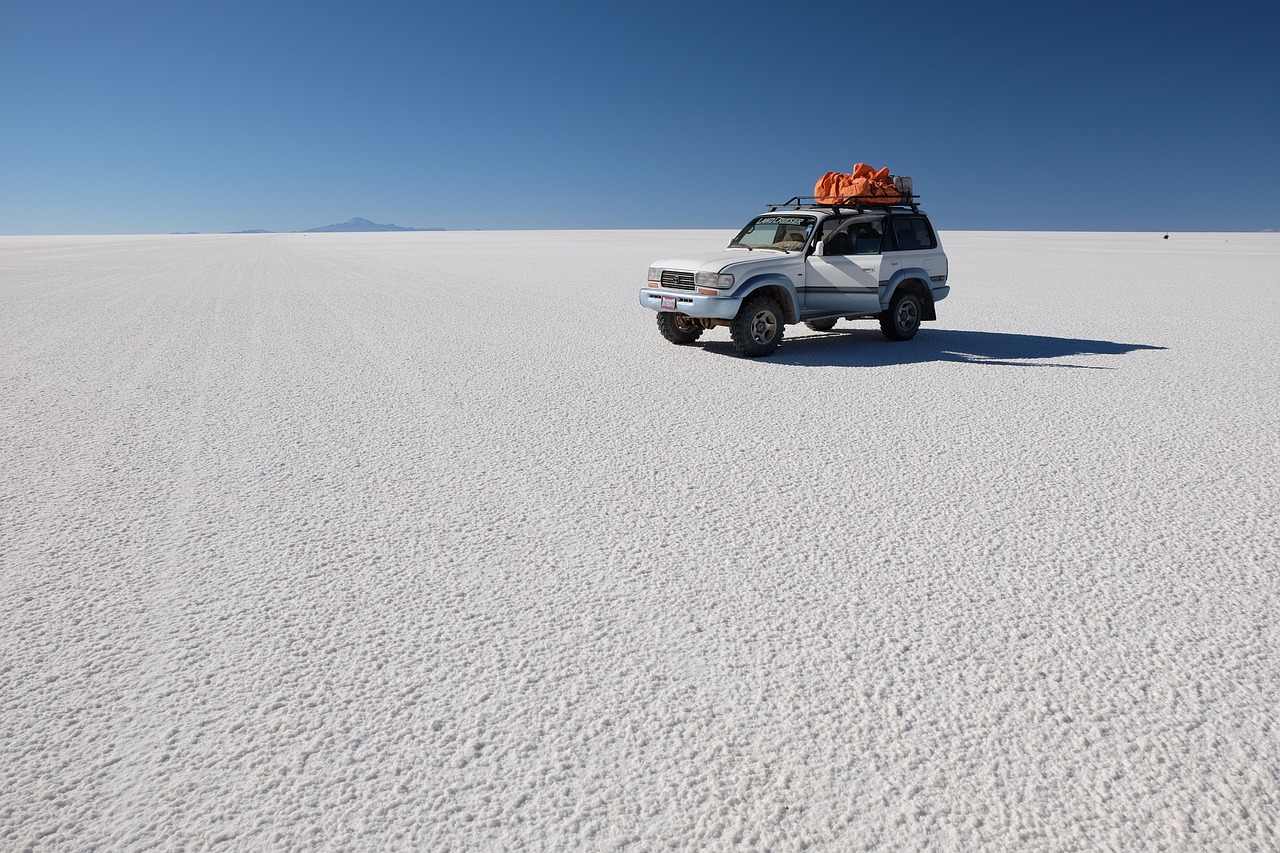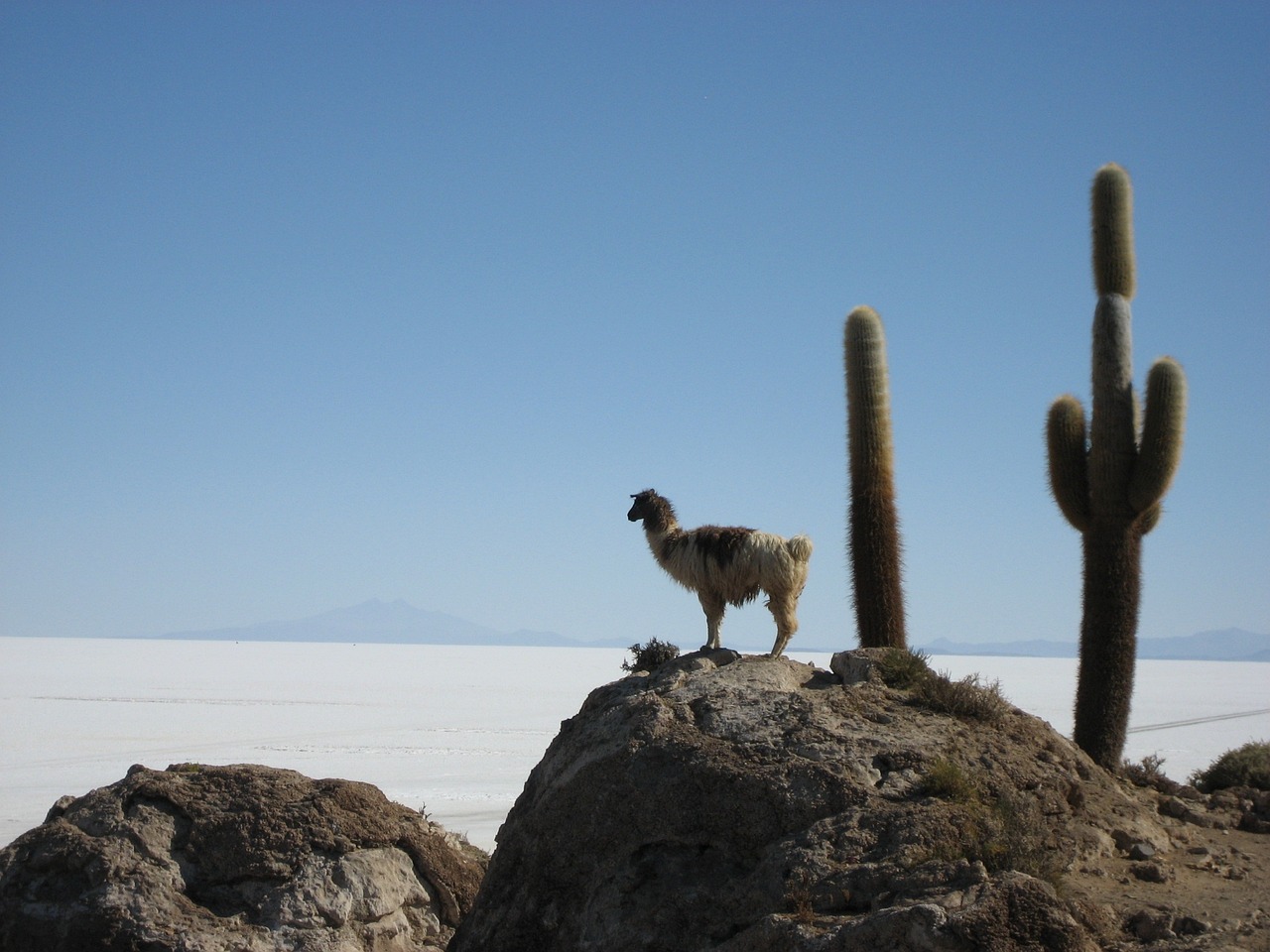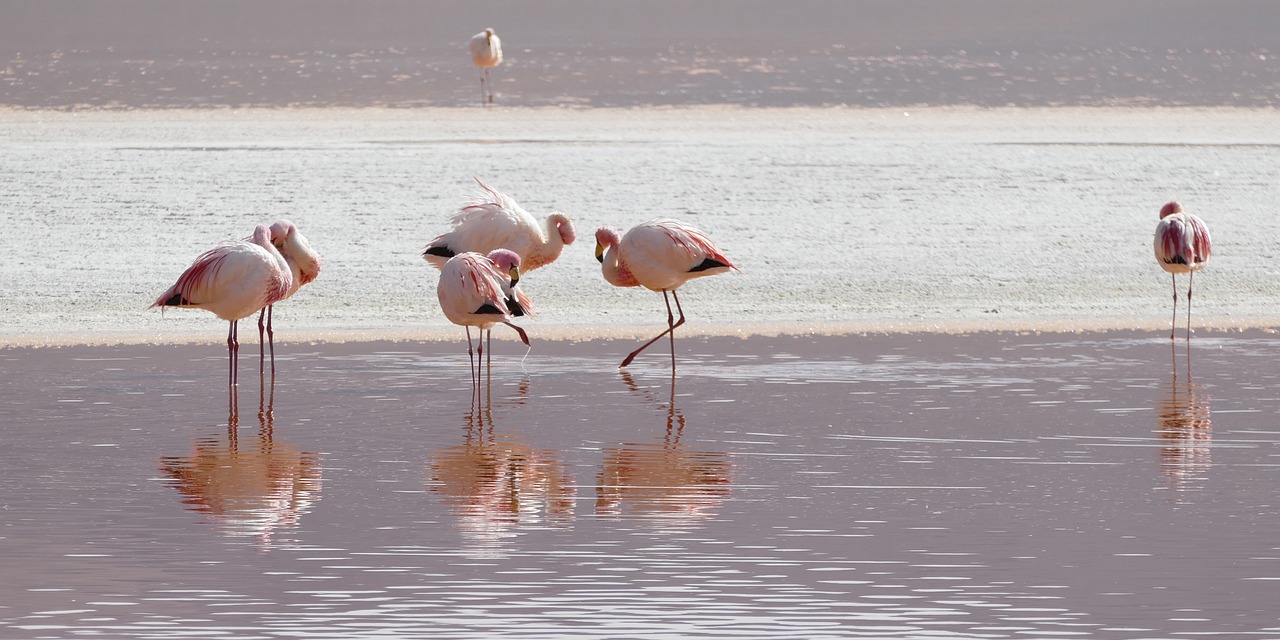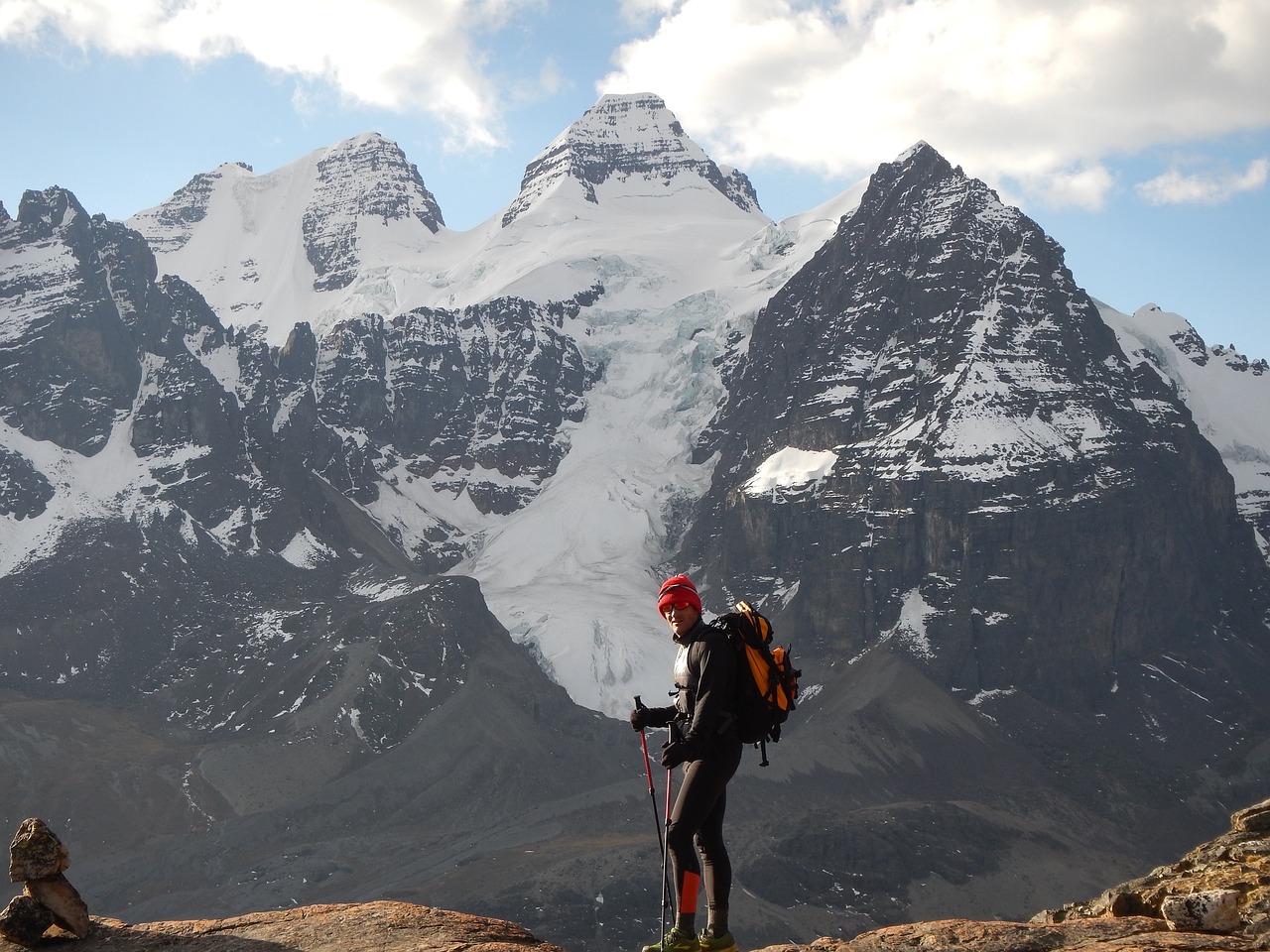Setting Up Shop in Bolivia: A Digital Nomad’s Workspace Guide
Introduction
Welcome to Bolivia, a country known for its rich culture, stunning landscapes, and welcoming people. For digital nomads looking to set up shop in this beautiful country, there are plenty of options available. Whether you prefer coworking spaces, coffee shops, or dedicated workspaces, Bolivia has it all. In this guide, we will explore the best places to work, reliable internet connections, cost of living, and other essential information to help you create your ideal workspace in Bolivia.
Working Spaces in Bolivia
When it comes to finding a suitable workspace in Bolivia, you’ll be pleased to know that there are various options available throughout the country. Here are some of the top places to work:
- WorkHub Bolivia: Located in La Paz, WorkHub Bolivia offers a modern and comfortable coworking space with high-speed internet, meeting rooms, and a collaborative environment.
- Café del Mundo: This popular café in Sucre not only serves delicious coffee but also provides a cozy atmosphere for digital nomads to work. They offer free Wi-Fi and comfortable seating options.
- Impact Hub Santa Cruz: Situated in Santa Cruz, Impact Hub is a global network of coworking spaces. It offers a vibrant community, events, and a well-equipped workspace.
- Café Vida: Located in Cochabamba, Café Vida is a favorite spot among digital nomads. It offers a peaceful environment, excellent coffee, and reliable internet connection.
Internet Connectivity
Having a reliable internet connection is crucial for digital nomads. In Bolivia, major cities and towns have decent internet infrastructure, although the speed may vary. Here are some tips to ensure a stable internet connection:
- Choose Accommodation with Good Internet: When looking for accommodation, check if they offer a stable and high-speed internet connection. Many hotels and rental apartments in urban areas provide reliable internet services.
- Visit Coworking Spaces: Coworking spaces, like WorkHub Bolivia and Impact Hub Santa Cruz, mentioned earlier, have dedicated internet connections, ensuring a reliable and fast connection.
- Get a Local SIM Card: Purchasing a local SIM card and subscribing to a data plan can be a good option for working on the go. The main providers in Bolivia are Entel, Tigo, and Viva.
Cost of Living
One of the advantages of setting up shop in Bolivia is the affordable cost of living. Here is an overview of the average monthly expenses:
- Accommodation: Rent for a one-bedroom apartment in a city center can range from $200 to $400 per month, depending on the location and amenities.
- Food: A meal at an inexpensive restaurant can cost around $2 to $5, while groceries for a week may amount to approximately $25 to $40.
- Transportation: Public transportation is affordable, with a one-way ticket costing around $0.30. Taxis are also reasonably priced, with short rides usually costing less than $2.
- Utilities: Basic utilities, including electricity, water, and internet, for a small apartment can cost around $50 to $80 per month.
Visa Requirements
Before setting up shop in Bolivia, it’s important to understand the visa requirements. Here are some key points to consider:
- Tourist Visa: Most digital nomads can enter Bolivia with a tourist visa, which allows for a stay of up to 90 days. This visa can be extended for an additional 90 days.
- Business Visa: If you plan to stay in Bolivia for more extended periods or engage in business activities, you may need to apply for a business visa. It’s advisable to consult with the Bolivian embassy or consulate in your home country for specific requirements.
Healthcare Facilities
Bolivia has both public and private healthcare facilities. Here are some options for medical care:
- Caja Nacional de Salud (CNS): This is the largest public healthcare provider in Bolivia. It offers comprehensive medical services, and as a digital nomad, you may be eligible for coverage by obtaining a voluntary insurance plan.
- Private Clinics: There are several private clinics in major cities, offering high-quality medical care. It’s recommended to have travel insurance that covers healthcare expenses.
Leisure Activities
When you’re not working, Bolivia offers a wide range of leisure activities to explore. Here are some popular attractions:
- Salar de Uyuni: Visit the largest salt flat in the world, famous for its stunning landscapes and unique photo opportunities.
- Tiwanaku: Explore the ancient ruins of Tiwanaku, a UNESCO World Heritage Site known for its archaeological significance.
- Madidi National Park: Immerse yourself in the breathtaking biodiversity of the Amazon rainforest by taking a guided tour through Madidi National Park.
Bolivia Image 1:

Local Cuisine
Bolivian cuisine is diverse and influenced by indigenous traditions. Here are some must-try dishes:
- Silpancho: A popular Bolivian dish consisting of breaded beef, rice, potatoes, and a fried egg on top.
- Sopa de Mani: A hearty peanut soup made with beef, vegetables, and spices.
- Salteñas: Similar to empanadas, these savory pastries are filled with meat, vegetables, and a flavorful broth.
Accommodation Options
When it comes to finding accommodation in Bolivia, here are some options to consider:
- Hotels: Bolivia offers a range of hotels, from budget to luxury, catering to different preferences and budgets.
- Apartments: Renting an apartment can provide a more long-term and cost-effective solution. Websites like Airbnb and local real estate agencies can help you find suitable options.
- Hostels and Guesthouses: If you’re on a budget or prefer a social atmosphere, hostels and guesthouses are great options. They often offer shared spaces and amenities.
Bolivia Image 2:

Transportation
Getting around Bolivia is relatively easy, thanks to various transportation options:
- Taxis: Taxis are a convenient and affordable way to travel within cities. It’s advisable to use reputable taxi services or ride-hailing apps like Uber or Didi.
- Buses: Bolivia has an extensive bus network, connecting major cities and towns. Buses are an economical option for long-distance travel.
- Domestic Flights: For longer distances, domestic flights are available, connecting major cities within Bolivia.
Top Cities for Digital Nomads
While Bolivia offers numerous cities to explore and work in, here are three popular choices among digital nomads:
- La Paz: The capital city of Bolivia, La Paz, boasts a vibrant culture, stunning landscapes, and a growing digital nomad community.
- Sucre: Sucre, the constitutional capital, is known for its colonial architecture, pleasant climate, and affordable cost of living.
- Santa Cruz: As the largest city in Bolivia, Santa Cruz offers a bustling urban environment, modern amenities, and a thriving business scene.
Bolivia Image 3:

Conclusion
Bolivia provides a unique and inspiring environment for digital nomads looking to set up shop. With its diverse working spaces, affordable cost of living, and incredible attractions, Bolivia offers an ideal destination for remote work. Whether you choose the bustling city life or prefer to immerse yourself in nature, Bolivia has something for everyone. So pack your bags, set up your workspace, and get ready to experience the wonders of Bolivia while pursuing your digital nomad lifestyle.
References
- workhubbo.com
- impacthub.net
- entel.bo
- tigo.com.bo
- viva.com.bo
- lonelyplanet.com/bolivia
- cia.gov/library/publications/the-world-factbook/geos/bl.html

